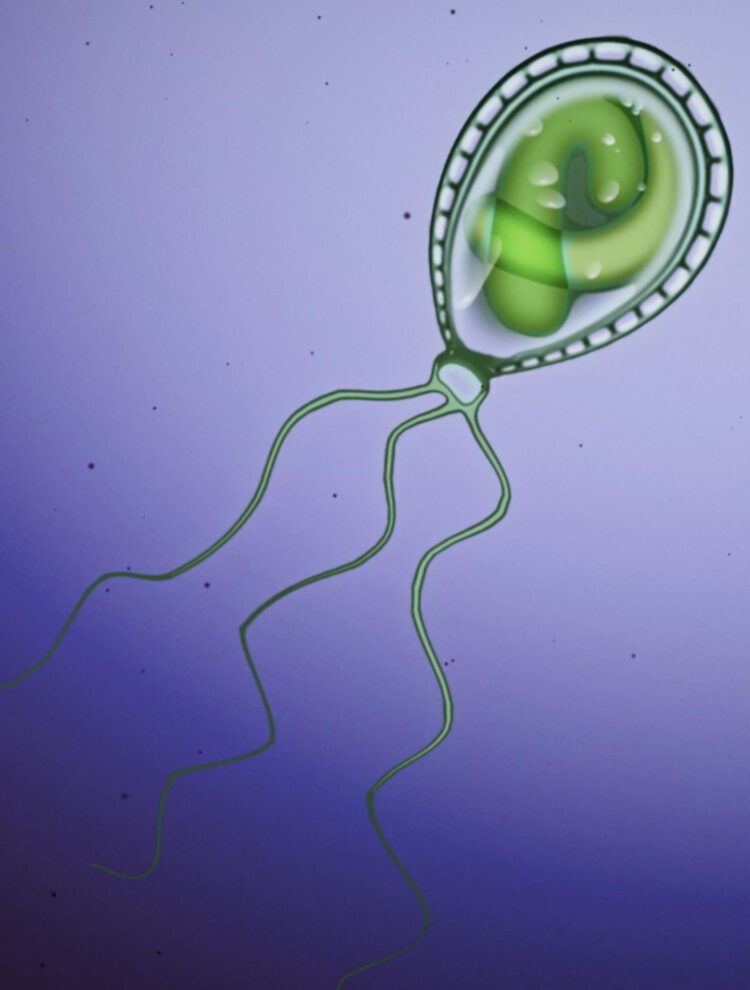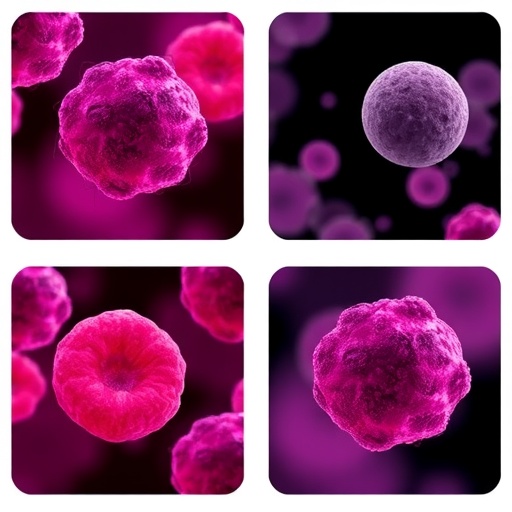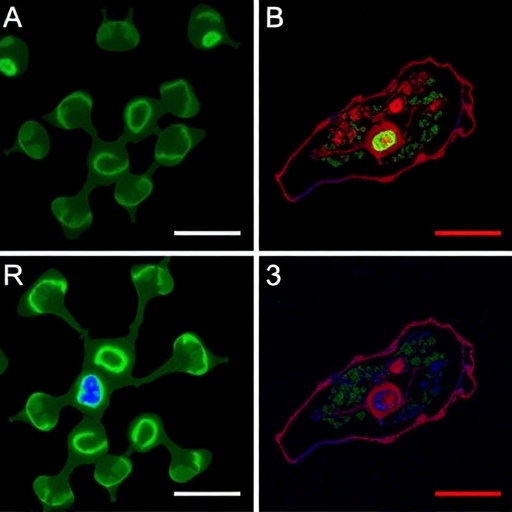New Brunswick, N.J. (June 28, 2021) – A Rutgers-led study sheds new light on the evolution of photosynthesis in plants and algae, which could help to improve crop production.
The paper appears in the journal New Phytologist.
The scientists reviewed research on the photosynthetic amoeba Paulinella, which is a model to explore a fundamental question about eukaryote evolution: why was there a single origin of algae and plants? That is, why did photosynthesis by primary plastid endosymbiosis not originate multiple times in the tree of life?
Photosynthesis is the process by which plants and other organisms use sunlight to synthesize foods from carbon dioxide and water, which generates oxygen as a byproduct.
Endosymbiosis is a relationship between two organisms wherein one cell resides inside the other. This interaction, when stable and beneficial for the “host” cell, can result in massive genetic innovation. Despite its critical evolutionary role, there is limited knowledge about how endosymbiosis is initially established.
Primary plastid endosymbiosis, which evolved about 1.5 billion years ago, is the process in which a eukaryote — which are organisms such as plants and algae whose cells have a membrane-bound nucleus and tiny organs called organelles — engulfs a prokaryote, which are organisms such as bacteria that lack a membrane-enclosed nucleus. The plastid is a membrane-bound organelle within the cells of plants and algae.
“It turns out that photosynthesis results in enormous risks because it produces harmful chemicals and heat as byproducts that can damage the host cell,” said senior author Debashish Bhattacharya, a Distinguished Professor in the Department of Biochemistry and Microbiology at Rutgers University-New Brunswick. “Therefore, creating a novel organelle is a highly complex process that makes it fleetingly rare in evolution. Paulinella, which is the only known case of an independent plastid primary endosymbiosis other than in algae and plants, offers many clues to this process that helps explain why it is so rare.”
The origin of photosynthesis in algae and plants changed our planet by providing a major source of oxygen and supporting many ecosystems, due to their primary production, of fixed carbon (sugars and lipids). Understanding how this critical process happened will help us potentially engineer it in synthetic systems as well as to improve crop production.
“Because Paulinella is an independent origin of photosynthesis, it provides key clues to how this process occurs and what costs it imposes on the host cell,” said lead author Timothy G. Stephens, a postdoctoral researcher at Rutgers. “The genome of Paulinella contains many independently evolved genes involved in photosynthesis and dealing with the associated stresses that can potentially be engineered in algae and plants could help to improve their ability to withstand stresses such as high light levels or salt stress.”
###
The findings are explained in two videos:
- https:/
/ www. youtube. com/ watch?v= Pbosfj1oV6I - https:/
/ www. youtube. com/ watch?v= nJ9ApL9Mq6w&t= 3s
The study included researchers from the Carnegie Institution.
Broadcast interviews: Rutgers University has broadcast-quality TV and radio studios available for remote live or taped interviews with Rutgers experts. For more information, contact John Cramer at [email protected]
ABOUT RUTGERS–NEW BRUNSWICK
Rutgers University-New Brunswick is where Rutgers, the State University of New Jersey, began more than 250 years ago. Ranked among the world’s top 60 universities, Rutgers’s flagship is a leading public research institution and a member of the prestigious Association of American Universities. It has an internationally acclaimed faculty, 12 degree-granting schools and the Big Ten Conference’s most diverse student body.
Media Contact
John Cramer
[email protected]
Original Source
https:/
Related Journal Article
http://dx.





